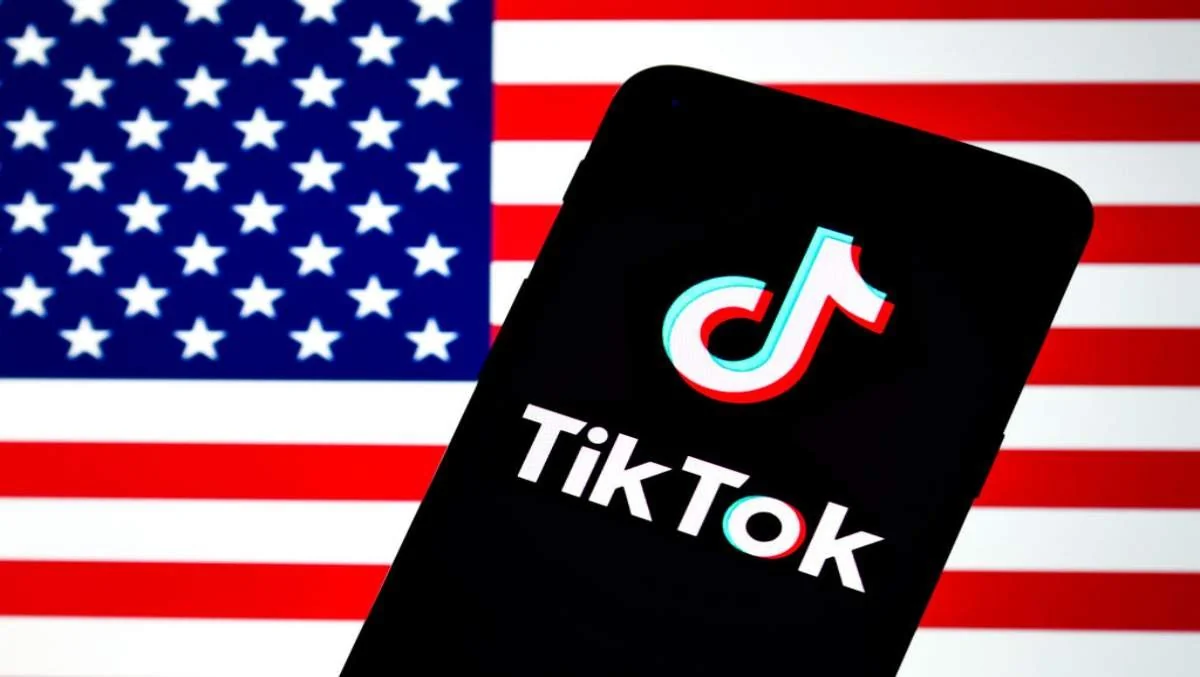The recent passage of a bill by the U.S. House of Representatives has thrown TikTok, the popular social media platform, into the spotlight once again. The bill could potentially force ByteDance, TikTok’s parent company, to divest its ownership of the app or face a ban from U.S. app stores. While the debate surrounding this move has largely centered on data security and free speech concerns, another important aspect has emerged: TikTok’s growing role in the e-commerce landscape, and its impact on smaller merchants.
An Access to US Market
Merchants, particularly from China, have increasingly turned to TikTok as an alternative platform to sell their products to U.S. consumers. Many of these merchants, who previously relied on Amazon, have expressed frustration and uncertainty over the geopolitical tensions that could potentially lead to a ban on TikTok. Despite these concerns, TikTok Shop, the platform’s e-commerce feature, has seen significant growth since its launch in September 2023, with 200,000 merchants already on board.
While TikTok has not provided updated numbers on its merchant base or sales figures, research suggests that its impact on e-commerce is growing. Jungle Scout, a data intelligence provider, found that 20% of Amazon sellers are planning to expand to TikTok Shop this year. ByteDance had projected that its U.S. e-commerce business could grow tenfold to $17.5 billion in 2024, highlighting the platform’s potential as an e-commerce powerhouse.

TikTok Shop
What Makes TikTok Different?
Unlike other e-commerce platforms like Temu, which are known for offering cheap, unbranded products, TikTok Shop has focused on curating a selection of branded goods, positioning itself as a direct competitor to Amazon. TikTok has also offered subsidies to merchants to incentivize them to offer steep discounts, further driving sales on the platform.
TikTok’s appeal to merchants lies in its massive user base and high engagement rates. The platform’s short video format has proven to be an effective way for merchants to showcase their products and reach a younger demographic. According to a survey, nearly 70% of sellers reported an increase in sales on TikTok Shop in the first 11 months of 2023.
While TikTok’s growth in the e-commerce space is undeniable, it remains to be seen how the platform will navigate the challenges ahead, including potential regulatory scrutiny and competition from established players like Amazon. However, TikTok’s impact on the e-commerce landscape is already evident, signaling a shift in how online shopping is evolving, particularly among younger consumers.
In conclusion, TikTok’s foray into e-commerce represents a significant development in the retail industry, with the platform poised to reshape how businesses reach and engage with consumers online.

































